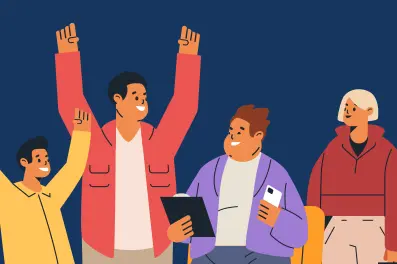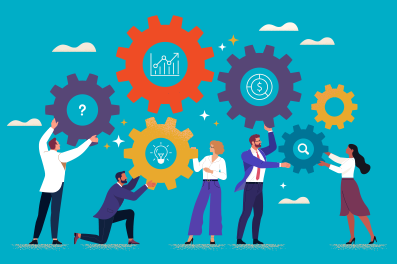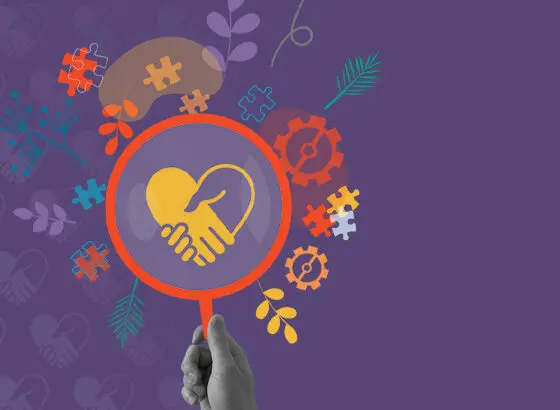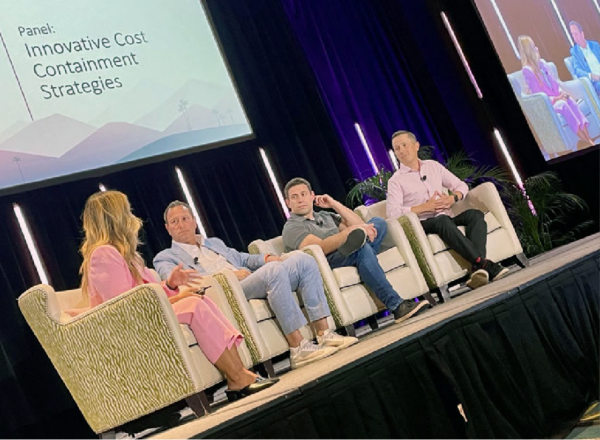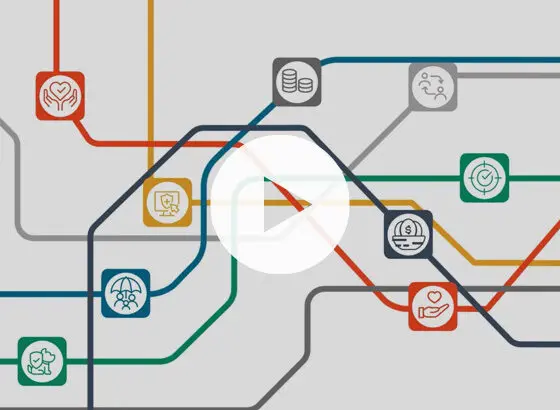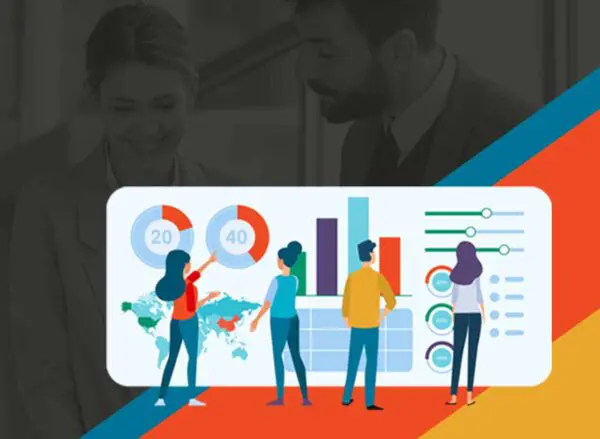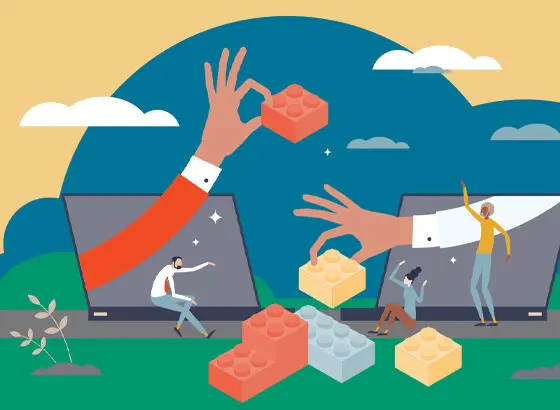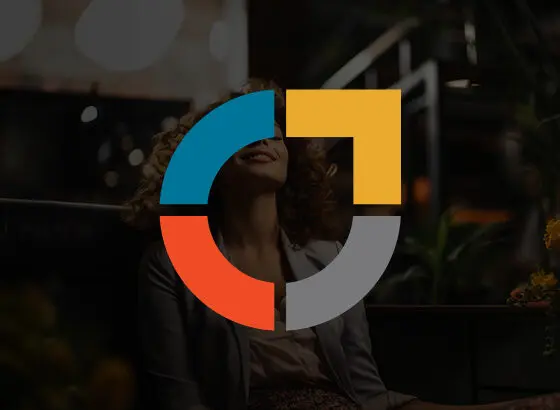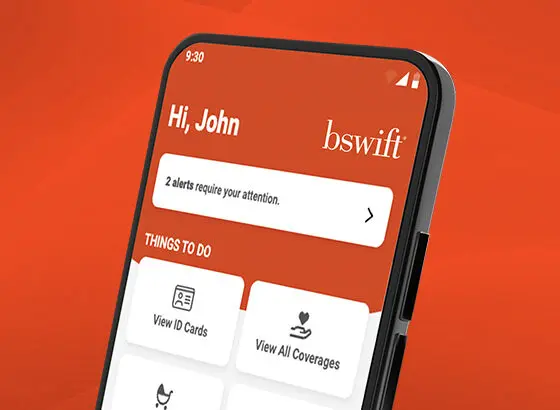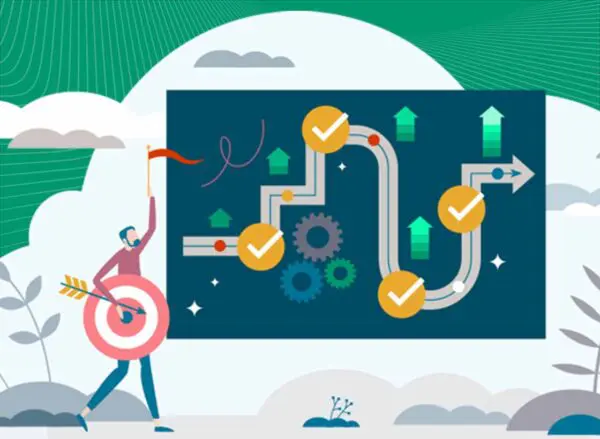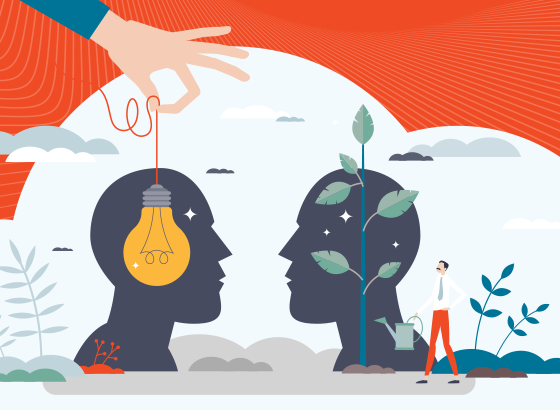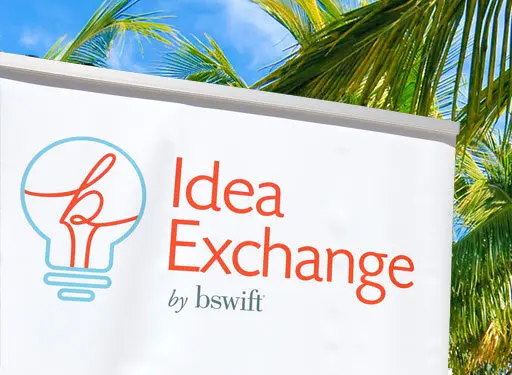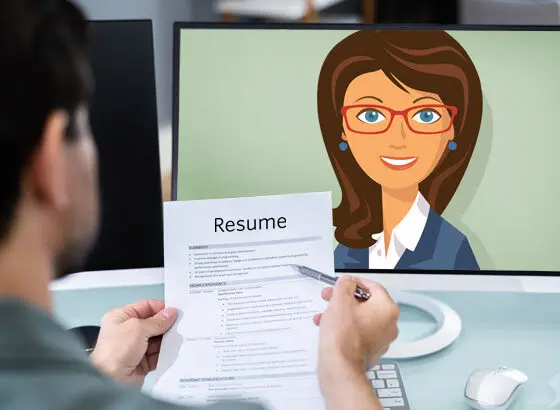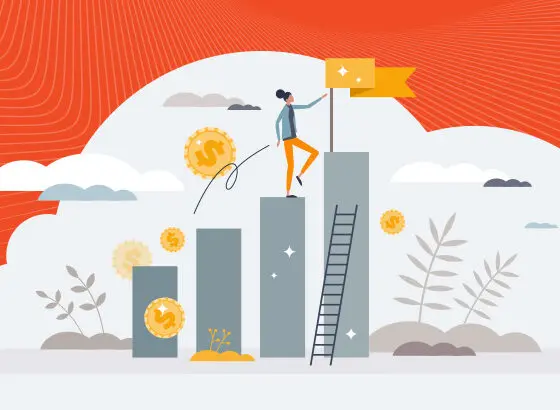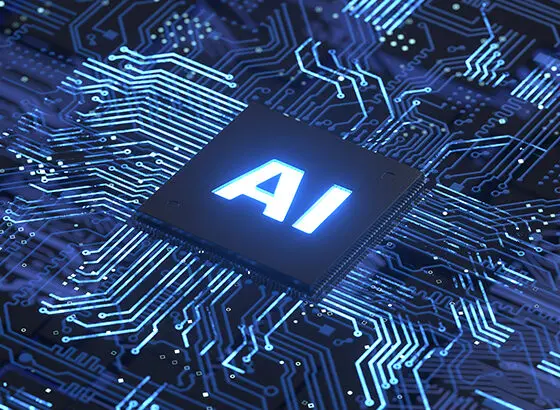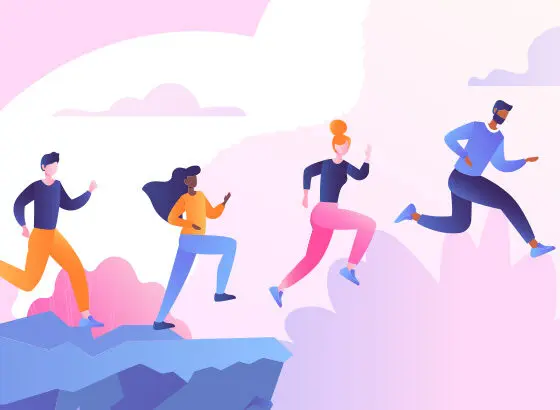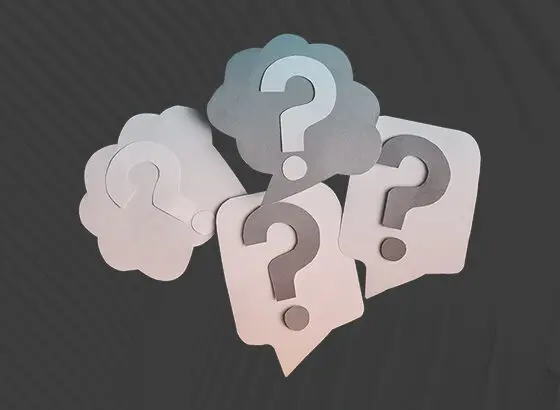When it comes to buzzwords, artificial intelligence (AI) gets thrown around like a beach ball at Coachella. But AI for HR is more than just a buzzword. From recruitment to retention to employee benefits and people analytics, AI is reshaping how organizations attract, manage, and engage talent. Here are the AI trends in HR tech that are moving the needle beyond the hype.
1. The Rise of Mindful AI: Enhance the Employee Experience
First, let’s get this out of the way: AI isn’t a magic wand that will fix everything. It’s a tool. And, like any tool, AI needs to be used in a responsible way. Responsible AI is about ensuring that AI for HR is fair, unbiased, and applied in ethical and transparent ways.
But responsible AI isn’t enough — bswift’s AI philosophy goes a step further to put people firmly at the center. That’s where Mindful AI comes in, prioritizing solutions that improve the employee experience and enhance human capabilities, not replace them.
What Is Mindful AI?
- Enhances human capabilities. It’s designed to work with people, augmenting human expertise, not replacing it.
- Solves real-world problems. It focuses on user experience and real needs, creating user-friendly interfaces and personalized experiences.
- Aims for inclusive and unbiased solutions. The goal is to develop ethical technology that targets specific problems and works well for everyone.
The perfect example of Mindful AI is bswift’s Emma™ agent assistant. This customer service tool keeps real people at the center of everything. It leverages the accuracy and focus of AI to enhance the empathy and expertise of our customer service reps.
RELATED: Harnessing the Power of AI for HR – Make it Mindful (Infographic)
2. Finding Top Talent: How HR AI Changes Hiring
Traditional Applicant Tracking Systems (ATS) are like filing cabinets with a decent keyword search function. They’re great for storing and organizing information, but up to 75% of resumes are never seen by human eyes due to formatting issues, content problems, and missing keywords.
These factors add up to bias when applicants with valuable skills and experience get unfairly filtered out. Imagine a system that sees beyond keywords, eliminates bias, and streamlines communication, too. AI-powered ATS could be the answer.
How AI-Powered ATS Helps HR Find Top Talent
Beyond the technical bells and whistles, AI recruiting focuses on improving the process for candidates and HR, aligning with the core principles of Mindful AI. Hiring teams can use HR AI to:
- Go beyond keyword searches. AI ATS uses semantic search to understand context and identify relevant skills and talent on resumes.
- Combat bias. AI ATS could suggest more inclusive job descriptions, filter out personal information, and ensure HR finds the best fit.
- Streamline hiring workflows. HR AI systems could soon screen applicants, answer questions, and schedule interviews. It could even suggest interview questions based on job descriptions and the candidate’s background.
AI-assisted recruiting frees HR for more strategic, big picture work.
3. HR Virtual Assistants: Streamline Workflows, Improve the Employee Experience
The days of answering the same questions over and over are disappearing faster than free donuts. An HR virtual assistant (HRVA) will take all the time employees need. It will answer that same enrollment question again and again (even that one right at the top of your FAQ).
HRVAs can streamline hiring, onboarding, policy explanations, software tutorials, surveys, and even benefits guidance. These jacks-of-all-trades, like bswift’s Emma™ — who can answer employee benefits questions and provide benefits decision support — shoulder the administrative load, freeing HR to focus on strategic initiatives.
bswift’s AI-Powered Emma Can:
- Use natural language processing to provide clear benefit guidance. Emma translates benefits jargon into easy-to-understand explanations.
- Improve the employee experience with smarter decision support. Emma uses data and plan details to answer questions and reduce the need for escalated support.
- Provide timely access to plan details and account information. Emma answers benefit questions anytime, getting employees info when they need it and reducing the burden on HR.
- Deliver personalized virtual support. Emma understands queries, provides recommendations, and enhances employee engagement and satisfaction.
And HRVAs like Emma work 24/7 to support your workforce without ever getting frustrated, tired, or hangry before lunch.
RELATED: bswift’s AI HR Virtual Assistant That Pays for Herself
4. AI-Powered People Analytics: Predict Flight Risk, Boost Employee Retention
What if the Great Resignation was just a warmup? With nearly half of professionals saying they’re considering quitting in the next year, the war for talent is definitely still on. HR needs insights that help predict employee flight risks. AI-powered people analytics takes those seemingly unconnected data points and finds patterns that influence employee satisfaction and retention.
How AI-Powered People Analytics Empowers Employee Engagement
- Predict flight risks. Subtle signs of disengagement like a decline in productivity or a shift in communication patterns can be an early warning sign. When HR knows, they can reach out before resignations occur.
- Understand employee needs. AI analyzes your employee data – surveys, performance reviews, productivity, and other data – to pinpoint what affects employee engagement.
Used transparently and ethically, AI-powered people analytics will help HR proactively tailor employee engagement strategies to keep top talent happy, productive, and committed.
The AI-Powered Future of HR Is Here
These are just a few ways AI is changing HR. Mindful AI, AI-powered recruiting, HRVAs, and people analytics, all make HR more efficient, strategic, and better at shaping the performance of their organizations. Start exploring the exciting possibilities that HR AI holds for the future of your team.

